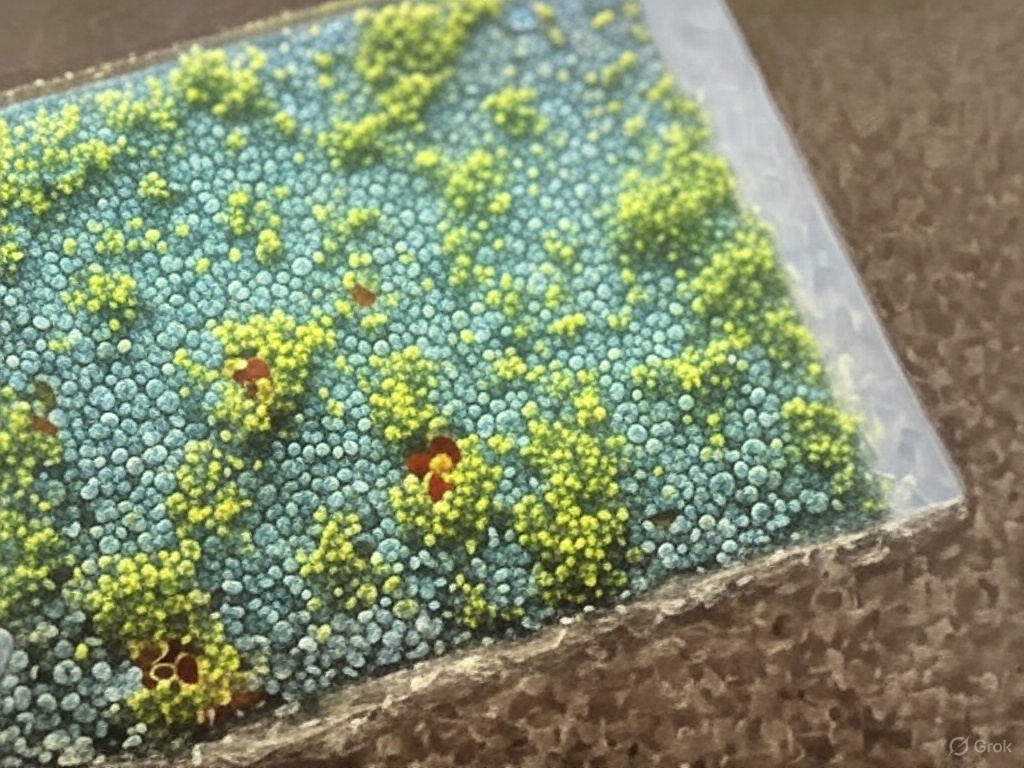
Otro estudio erróneo sobre el liquen plano
Compartir
Examinando el vínculo cuestionable entre el liquen plano y la hepatitis C
Los estudios médicos pueden ser increíblemente útiles, pero no siempre son tan fiables como esperamos. Hoy analizamos en profundidad un estudio que afirma una conexión entre el liquen plano y la hepatitis C. Si bien es una idea intrigante, la investigación presenta algunas deficiencias importantes que vale la pena explorar. Si desea revisar el estudio usted mismo, puede encontrarlo aquí. Profundicemos en el tema y veamos qué está sucediendo realmente.
 Comprensión del liquen plano y la hepatitis C
Comprensión del liquen plano y la hepatitis C
El liquen plano es una afección que causa erupciones violáceas con picazón en la piel, la boca u otras zonas. No es contagioso, pero puede ser incómodo y persistente. La hepatitis C, por otro lado, es una infección viral que afecta al hígado y, si no se trata, suele causar inflamación y problemas de salud a largo plazo. ¿Podrían estar relacionadas estas dos afecciones? Este estudio se propuso investigarlo.
La afirmación central del estudio
Los investigadores reunieron a 114 personas diagnosticadas con liquen plano y descubrieron que 30 de ellas también tenían hepatitis C. Con base en esto, concluyeron que existe un vínculo entre ambas afecciones. 30 de 114 es aproximadamente el 26%.
Un examen más detallado
El estudio afirma que el liquen plano se diagnosticaba basándose en las características clínicas y, en algunos casos difíciles, en hallazgos histológicos específicos. En resumen, la mayoría de los diagnósticos se basaban en la inspección visual, y solo algunos casos se confirmaban mediante biopsia (un examen microscópico del tejido, que es el método más preciso para diagnosticar el liquen plano).
Esto es una señal de alerta. Las investigaciones sugieren que hasta un tercio de los diagnósticos de exantema realizados sin biopsia pueden ser incorrectos. Aplicando esto en este caso, aproximadamente 38 de los 114 participantes podrían no haber tenido liquen plano en absoluto.
¿Qué pasó con esas 30 personas con hepatitis C? Es posible que sus erupciones se parecieran al liquen plano, pero en realidad fueran una afección diferente, posiblemente relacionada con la hepatitis C. Sin una confirmación consistente mediante biopsia, no podemos estar seguros de qué estaba midiendo realmente el estudio.
Un ejemplo ilustrativo
Considere esto: Imagine examinar 114 neumáticos pinchados y encontrar 30 con piedritas en la banda de rodadura. ¿Concluiría que las piedritas causan pinchazos? No sin antes comprobar si estaban cerca de los pinchazos. De igual manera, este estudio detecta hepatitis C en el 26 % de sus participantes, pero no confirma si está directamente relacionada con el liquen plano.
Por qué esto importa
La investigación confiable define cómo entendemos y tratamos las afecciones de salud. Cuando los estudios son deficientes, como este, pueden generar confusión tanto para los pacientes como para los médicos. Si usted está lidiando con el liquen plano, merece evidencia confiable, no conclusiones basadas en datos inciertos.
 Reflexiones finales
Reflexiones finales
¿Causa la hepatitis C liquen plano? Este estudio no ofrece una respuesta convincente. Su dependencia de métodos de diagnóstico inconsistentes socava sus hallazgos, dejándonos con más preguntas que claridad. Por ahora, si tiene liquen plano o hepatitis C, lo mejor es hablar con su profesional de la salud sobre opciones personalizadas y basadas en la evidencia.
Puede consultar el estudio completo aquí para formarse su propia opinión. (Nota: Este artículo tiene fines meramente informativos y no sustituye el consejo médico profesional).

